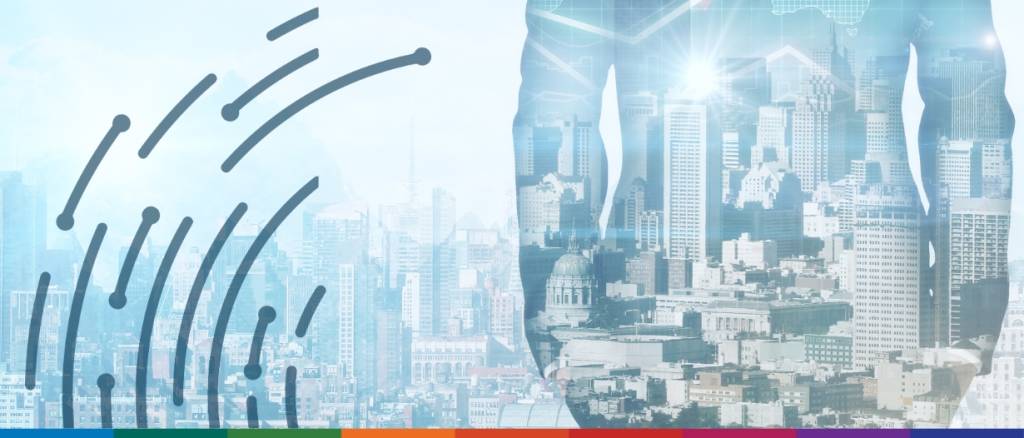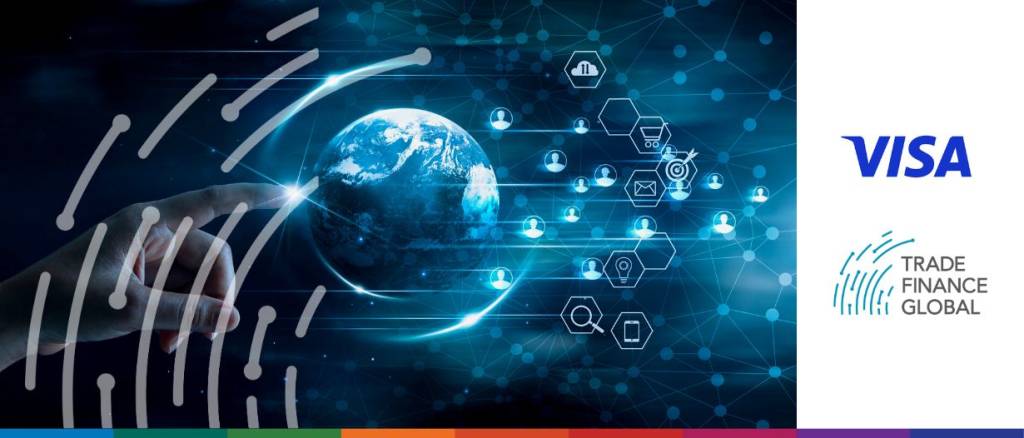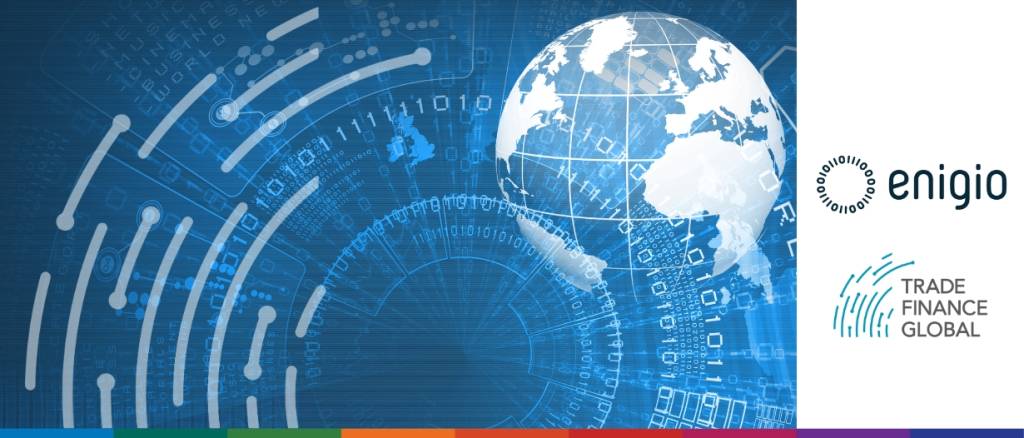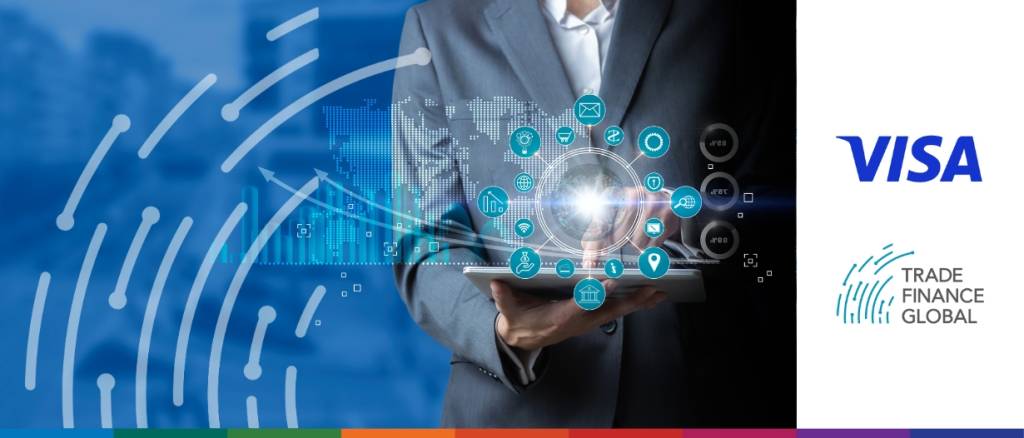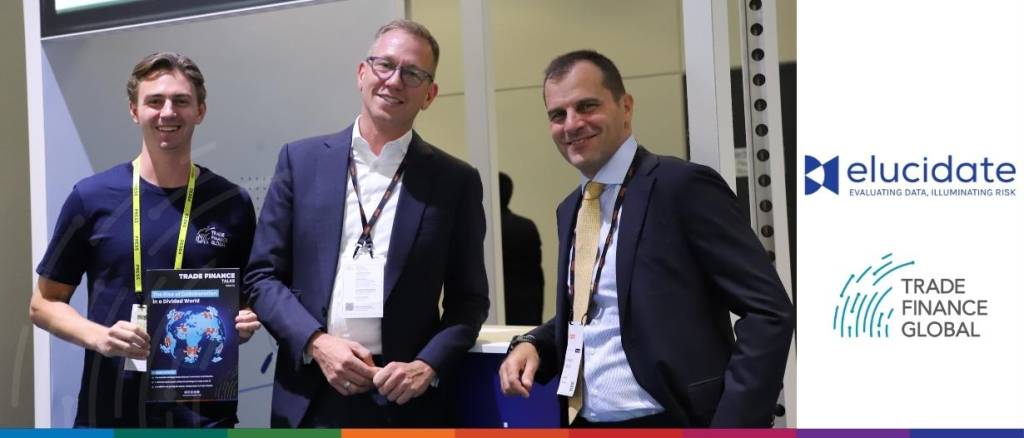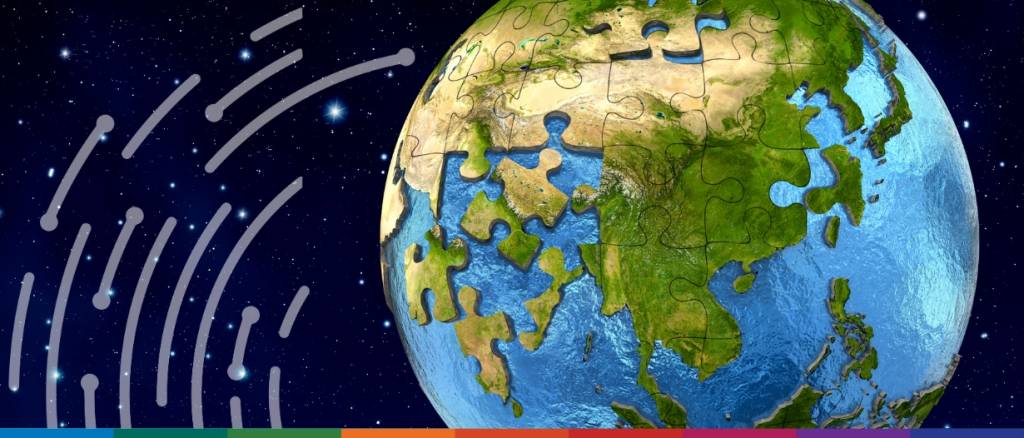Despite the attention brought to the trade finance gap in recent years, it still continues to grow. A recent Asian Development Bank (ADB) report shows that the gap has now widened to $2.5 trillion.
Trade Finance Global (TFG), in collaboration with UK Export Finance and the Department for Business & Trade, is set to host a tradecast on 13th September 2023, one week before the Electronic Trade Documents Act (ETDA) comes into force.
Cross-border payments can play a special role for people and businesses around the world. They allow us to send money to our loved ones, book a holiday of a lifetime, or start a business in another country.
Over the last couple of years, we have seen an escalating development of digitalising trade. Fuelled by the obvious benefits, such as reduction of funding, courier, and administration costs, as well as the safety and speed of transferring trade documents digitally.
Transitioning from documents to pixels, from cash to virtual payment gateways, and from local markets to international ones, the sweeping transformation of global trade into the digital world is redesigning the trade finance ecosystem. The alliance between ClearEye and J.P. Morgan represents the metamorphosis of the future of trade finance digitisation.
A first for the industry, Trade Finance Global (TFG) has partnered with several major organisations in the trade, treasury, and payments space to come together and speak openly about an often overlooked yet invaluable segment in the industry: the LGBTQ+ community.
The financial landscape has undergone a seismic shift in recent years. From zero or negative interest rates to the COVID-19 pandemic and geopolitical tensions, the world has seen it all. Amidst this backdrop, the role of private credit has evolved significantly.
To learn about this hidden, but vital aspect of finance, Trade Finance Global’s Brian Canup (BC) spoke to Veronica Fernandez (VF), Senior Vice President and Regional Head of Visa Commercial Solutions for North America at Visa.
For ages, correspondent banking has played a vital role in the global payments system. Through correspondent banking relationships, banks gain access to a diverse range of financial products across various jurisdictions enabling them to offer cross-border payment solutions and services to their customers.
New! Issue 18 of Trade Finance Talks, “The Rise of Collaboration in a Divided World”, is out now!















